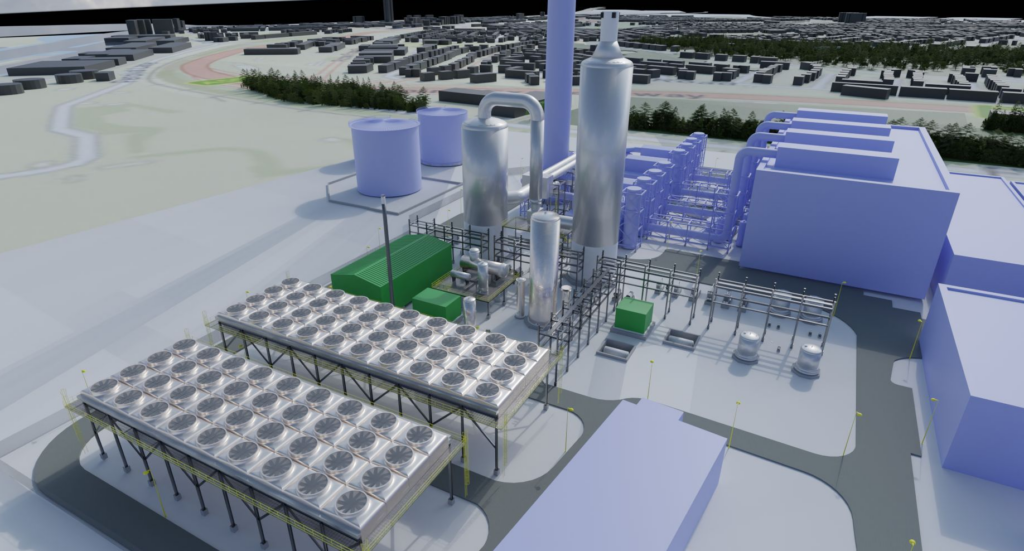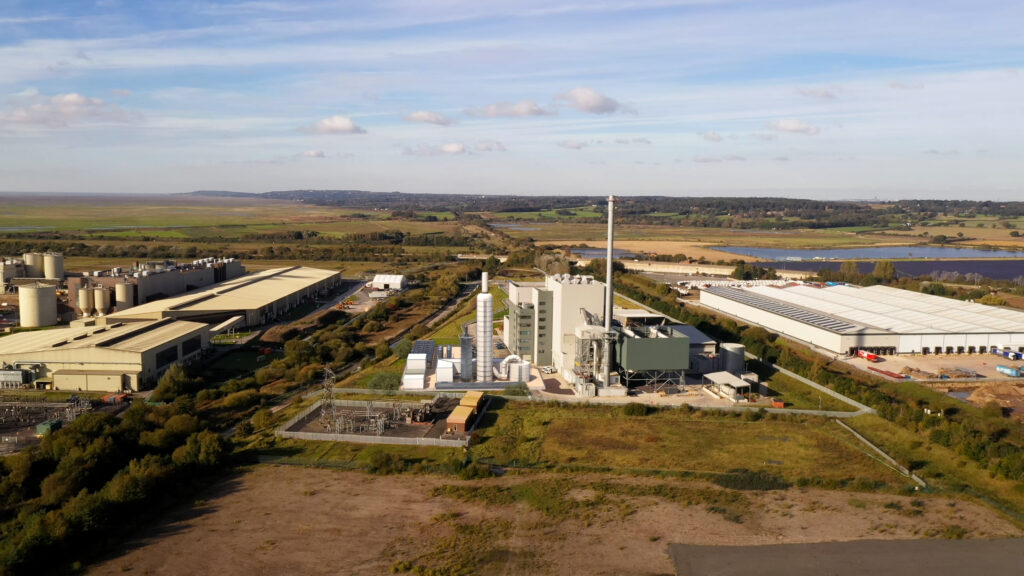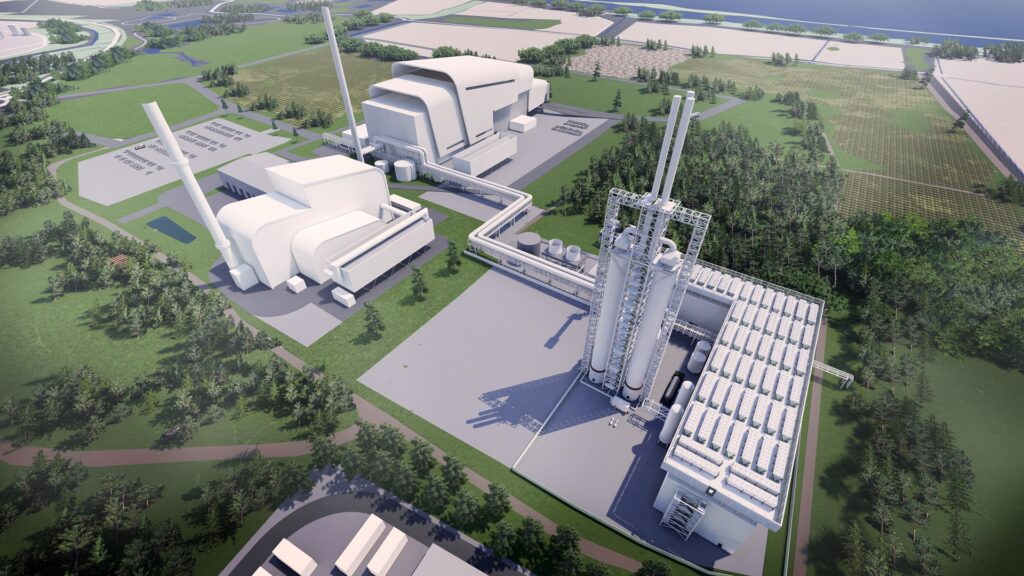The governments decision to not to open the Renewable Heat Incentive for applications as scheduled on Friday (September 30) is desperately disappointing for companies which hope to benefit from the subsidy.
That is the reaction of the Renewable Energy Association to the news that the scheme might now not be open for applications until the end of November 2011, due to European Commission concerns that the amount of support it offers for large biomass plants is too high. Commission approval of the scheme is required for it to go ahead.
Under the Renewable Heat Incentive (RHI), a guaranteed payment will be paid per kilowatt hour of renewable heat generated over a period of 20 years. It will benefit operators of facilities such as anaerobic digestion plants, facilities burning waste wood and energy-from-waste plants.
The schedule for the schemes introduction originally outlined by the Department of energy and climate change (DECC) was based around commercial operators being able to begin applying for RHI-accreditation last week (see letsrecycle.com story). Domestic operators are scheduled to follow in October 2012.
But, on Thursday it emerged that the first stage of the application process had been delayed because the scheme had not received the European Commissions approval. Under state aid rules, the Commission has to approve any government funding programme which involves money being allocated on a discretionary basis.
While stressing it was still fully committed to introducing the scheme, DECC said in a statement: We understand that the European Commission state aid approval for the RHI will be subject to a reduction in the large biomass tariff. We expect to receive written confirmation of this very shortly.
This means we now need to change the regulations before the scheme can open to applications. We understand this is frustrating for industry who are already gearing up for the RHI however we hope to get this sorted out soon and open the scheme before the end of November.
The level of support originally proposed for large biomass plants (those with heat generating capacity of 1,000 kilowatt thermal or more) was 2.6 pence per kilowatt hour of heat generated. This is already significantly lower than for small biomass plants, which can receive up to 7.6 pence per kWh.
REA
Reacting to news of the delay, the head of policy at the REA, Paul Thompson, said: This last minute announcement is desperately disappointing. The industry has been gearing up over the last six months to deliver on the governments ambitious plans for renewable heat.
As heat demand is seasonal, delaying until the end of November will mean many customers will either put off a decision until next winter or buy a new fossil fuel boiler now locking them in to higher carbon heat for years to come.
He said the delay would further add to low confidence levels in the renewables industry as a whole, which he claimed had been fuelled by uncertainty over feed-in tariffs, the Renewables Obligation and the Renewable Transport Fuel Obligation.
ESA
Meanwhile, the waste industry’s trade body, the Environmental Services Association, called on DECC to use the delay caused by the state aid issue to re-examine some of the concerns it has over how it can be applied to waste-to-energy facilities (see letsrecycle.com story).
Director of policy Matthew Farrow told letsrecycle.com: The RHI is a good idea, but its implementation has become ever more cack-handed. DECC need to use the delay created by these state aid complications to repair some of their earlier mistakes.
“In particular they must improve the eligibility of C&I waste and landfill gas, otherwise the scheme will be of limited value to waste companies generating renewable heat.










Subscribe for free